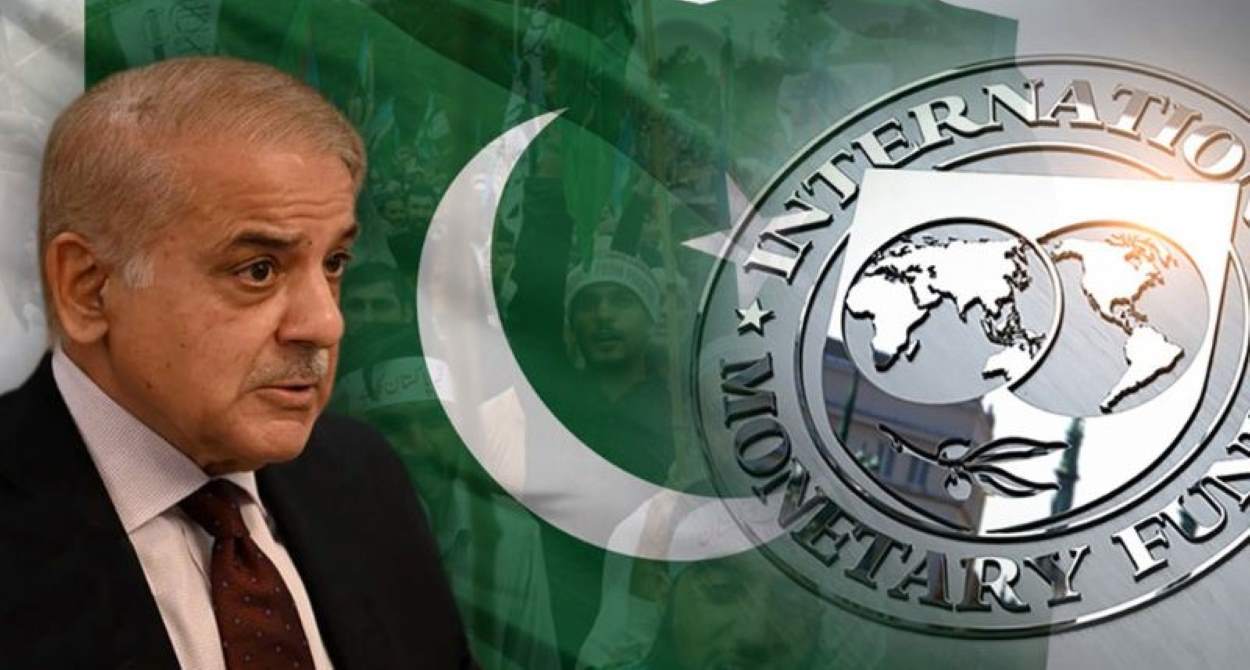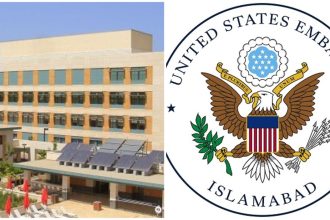Pakistan and the International Monetary Fund (IMF) have agreed on a three-year, $7 billion bailout program, the Washington-based institution announced on Friday.
The program, pending approval from the IMF’s Executive Board, aims to stabilize Pakistan’s economy and foster conditions for robust, inclusive growth. It includes measures to strengthen fiscal and monetary policies, enhance tax collection, improve public sector management, and expand social protections through the Benazir Income Support Program (BISP).
The agreement, endorsed by federal and provincial governments, follows intense negotiations, resulting in a staff-level agreement on a comprehensive 37-month Extended Fund Arrangement (EFF) worth about $7 billion.
Pakistan’s economy, struggling with mismanagement and external shocks from COVID-19, the Ukraine war, and record flooding in 2022, faced near-collapse, prompting the turn to the IMF.
The government has committed to broad reforms, aiming to increase tax revenues by 1.5% of GDP by FY25 and 3% over the program’s duration. The approved FY25 budget seeks a primary surplus of 1% of GDP, enhancing revenue through simplified tax systems and expanded social protections.
With 240 million people, many in informal employment, only 5.2 million filed tax returns in 2022. For FY24-25, Pakistan plans to collect nearly $46 billion in taxes, a 40% increase over the previous year. To broaden the tax base, it has blocked the SIM cards of non-compliant taxpayers.
Pakistan’s 24th bailout from the IMF seeks to support sweeping economic reforms. Despite efforts, 40% of Pakistanis live below the poverty line, with fears of an additional 10 million falling below due to ongoing economic challenges.
Pakistan also aims to reduce its fiscal deficit by 1.5% to 5.9% next year in response to an IMF requirement. The previous nine-month $3 billion IMF deal required tough austerity measures, including ending consumer subsidies.
Currently, the country shows signs of economic recovery, but the challenge of servicing its $242 billion foreign debt remains, consuming half of the government’s revenue in 2024, according to the IMF.
The IMF projects a 2% growth for the year, with inflation expected to peak at nearly 25% before gradually decreasing by 2025 and 2026.
In addition, the fund highlighted the importance of restoring energy sector viability and minimizing fiscal risks through timely energy tariff adjustments and targeted subsidy reforms to replace cross-subsidies with direct BISP support.
Authorities are also committed to promoting private sector growth, phasing out incentives for special economic zones and agricultural support prices, and avoiding new regulatory or tax-based incentives that could skew investment, including through the Special Investment Facilitation Council.






